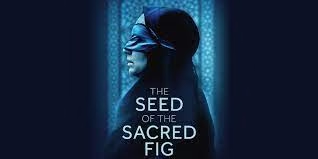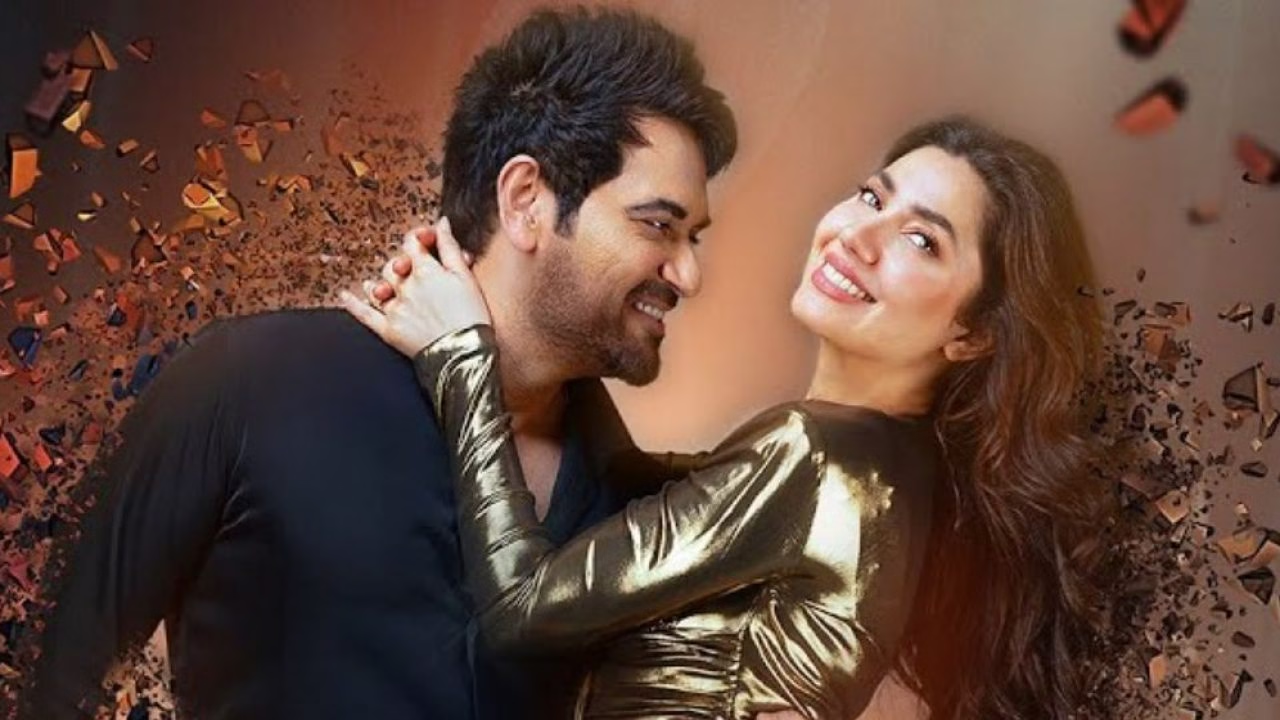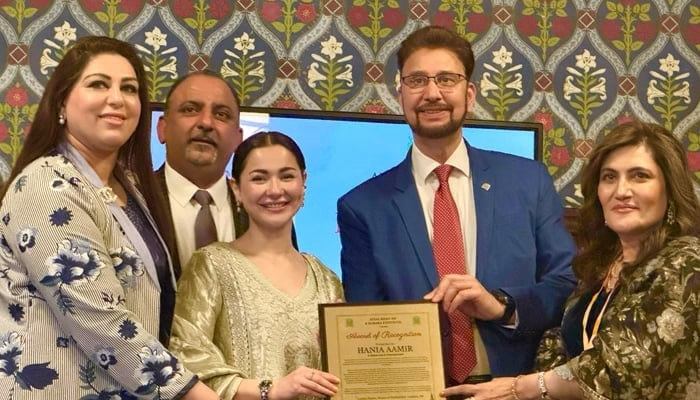Iranian filmmaker Mohammad Rasoulof’s The Seed of the Sacred Fig—a powerful drama set against the “Woman, Life, Freedom” protests—garnered acclaim at the Cannes Film Festival last year and is now vying for an Oscar. However, despite its Iranian roots, the film will not be representing Iran at the 97th Academy Awards. Instead, it will compete as Germany’s entry, reflecting the complex political landscape surrounding its production and release.
The film, highly critical of the Iranian government, was secretly shot in Iran under perilous conditions. Rasoulof, already in hiding, was unable to oversee filming in person. Lead actresses Niousha Akhshi, Mahsa Rostami, and Setareh Maleki took immense risks by appearing without headscarves, ultimately forcing them into exile in Berlin.
Maleki, 32, expressed her astonishment at the film’s global recognition, calling it “truly magical.” Akhshi, 31, emphasized the nomination as a tribute to “independent cinema that refuses to be silenced.”
Set in Tehran, the film follows Iman, a judge at the Revolutionary Court, who zealously convicts demonstrators. Meanwhile, his daughters secretly support the protests, leaving their mother caught in the middle, struggling to keep the family together. The backdrop of the story is the real-life 2022 protests following the death of Mahsa Amini, whose arrest for violating Iran’s strict dress code sparked nationwide unrest.
Filming took place in early 2024 under constant fear of exposure. Rostami, who portrays the older sister, recalled the tension on set: “We always feared that the camera could be stopped at any moment.” Maleki described it as both a “stressful” and “liberating” experience, as it allowed the actresses to express their true beliefs despite the dangers.
All three actresses were actively involved in the protests before fleeing Iran. Akhshi, who plays a friend of the sisters blinded by police violence, shared her personal connection to the movement: “We were on the streets, throwing stones and getting hit by bullets. Acting in this film was my way of channeling that courage.”
However, success has come at a personal cost. With Rasoulof sentenced to eight years in prison and the actresses unable to return home, the film’s recognition is bittersweet. “If you appear in a film without a headscarf in Iran, your life there is over,” Akhshi explained. Maleki added that staying would have meant facing an uncertain legal fate.
Now based in Berlin, the trio is learning German and promoting the film across Europe while hoping for new artistic opportunities. Despite the personal sacrifices, they hold onto hope for change in Iran. “The younger generation is no longer willing to accept things as they are,” Akhshi noted. “That is hopeful.”



